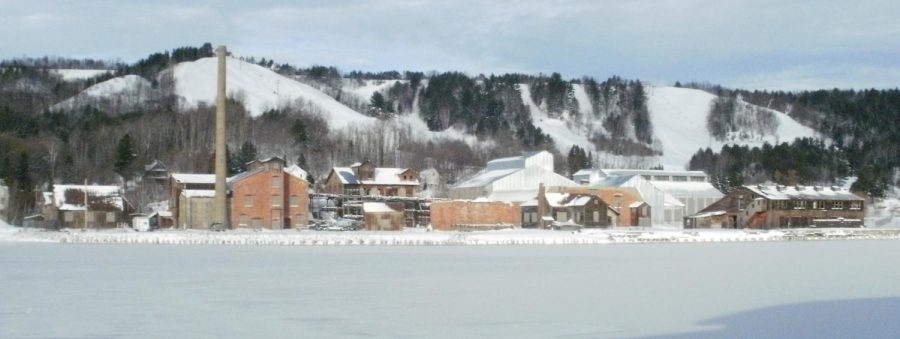Edited Feb. 2, 2022
President Koubek’s email from Feb. 16 about Tech’s changing safety levels was a major topic of discussion during the public comments at the senate meeting the same day. Senators quickly brought up how Winter Carnival’s 14-day incubation period for possible COVID-19 cases won’t be up by Feb. 25. John Lehman of the Flex Team was present at the senate meeting and commented on this decision. He discussed the Flex Team’s roles on campus, but, as was pointed out by a university senator, he didn’t directly include protecting the health of students and staff as one of its roles. Lehman also stated, “The masks became more about a personal decision to protect ourselves. We understand there are additive benefits to other people around you when you have a mask on.” Senator Paniz Khanmohammad Hazaveh discussed with him how the word “additive” doesn’t reflect the primary role masks play in COVID-19 precautions.
Dr. Timothy Scarlett of Social Sciences presented findings from the Mont Ripley ravine excavation site. Mont Ripley was damaged heavily during the 2018 Father’s Day Flood. Before repair work to the slopes could occur, the Archeological Department needed to conduct a survey for possible historical significance. Scarlett stated that “The flood destroyed a lot, but it also exposed a lot. The team investigated uncovered depressions and analyzed the soil samples. While no artifacts were found in the investigation, there were pockets of 5,000 year old soil amongst the older layers.” He implied these were the result of prehistoric copper mining from natives living below on the shores. Scarlett added, “The Ripley ravine has within it 5,000 years of landscape modification.”
He questioned the public about whether Michigan Tech is fully analyzing the land they own. He urged for further discussion with communities on what to do with these sites. Scarlett admitted, “I don’t have conclusions. I don’t know what to do. But that’s why I wanted to come out and talk.” Scarlett emphasized the need for the university to engage with local communities on major resource finds like these. He added that there are “unparalleled opportunities to open up conversations, especially with the nearby native populations.” He ended his presentation by reassuring the public that these sites of ancient copper mining will be fine so long as people don’t mess with them.
Dr. Wallace Southerland III, Dean of Students, presented a brief overview of his academic administrative experience and the importance of Student Affairs in the senate. He discussed his involvement at campus events and within student spaces like the dining halls and broomball courts. He stated how “a lot of Tech students are caring, socially-conscious, and mindful” when discussing his interactions.
“I would like to see the Senate rethink its perceptions of Student Affairs and see us much more than ‘the fun people who keep students busy.’” Southerland expressed his desire for Student Affairs to receive the dignity and respect from the Senate that affairs provides to other departments.
Five new proposals were brought up towards the meeting’s end: Proposal 21-22 introduces a new degree in Business Analytics, Proposal 22-22 introduces a Pre-Pharmacy Concentration in the chemistry program, Proposal 28-22 shelves the M.S. degree in Applied Science Education,
Proposal 29-22 proposes a Graduate Certificate in Public Policy, introduced by Social Sciences, and Proposal 32-22 proposes an amendment to Senate policy procedures on curriculum proposal requirements. These proposals will be voted on at the next senate meeting on March 2 in DOW 642 at 5:30 p.m.
Correction: The former version of this article incorrectly claimed that John Lehman stated masks were for individual safety instead of community safety. This was changed out with the actual quote from senate recordings and the addressing senator’s argument more accurately portrayed.





